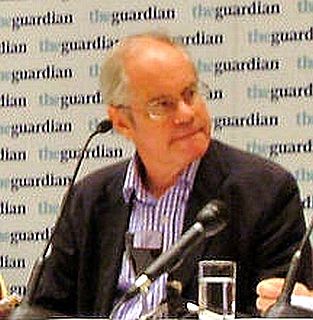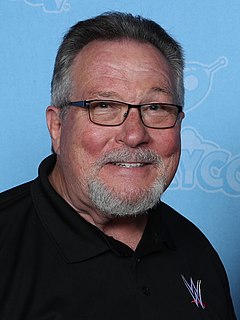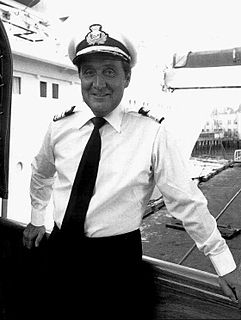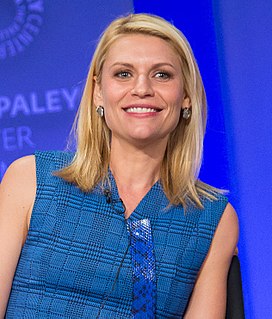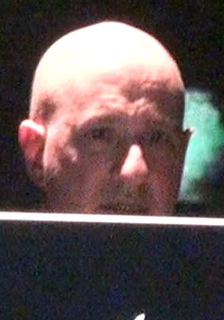A Quote by Nathan Myhrvold
Movies such as 'Citizen Kane' and 'The Front Page' portrayed an era when driven newspapermen would do anything to get a story. The U.K.'s rough-and-tumble Fleet Street remains something of a throwback to that era, as demonstrated by the recent phone-hacking scandal - which led to the demise of yet another century-old paper, the 'News of the World.'
Related Quotes
I'm in the storytelling business, and so you're always drawn to the unusual. And early on, I discovered that's the easiest way to tell stories... If you come up through a newspaper as I did, your whole goal is to get a story on the front page, and you only get something on the front page if it's unusual.





